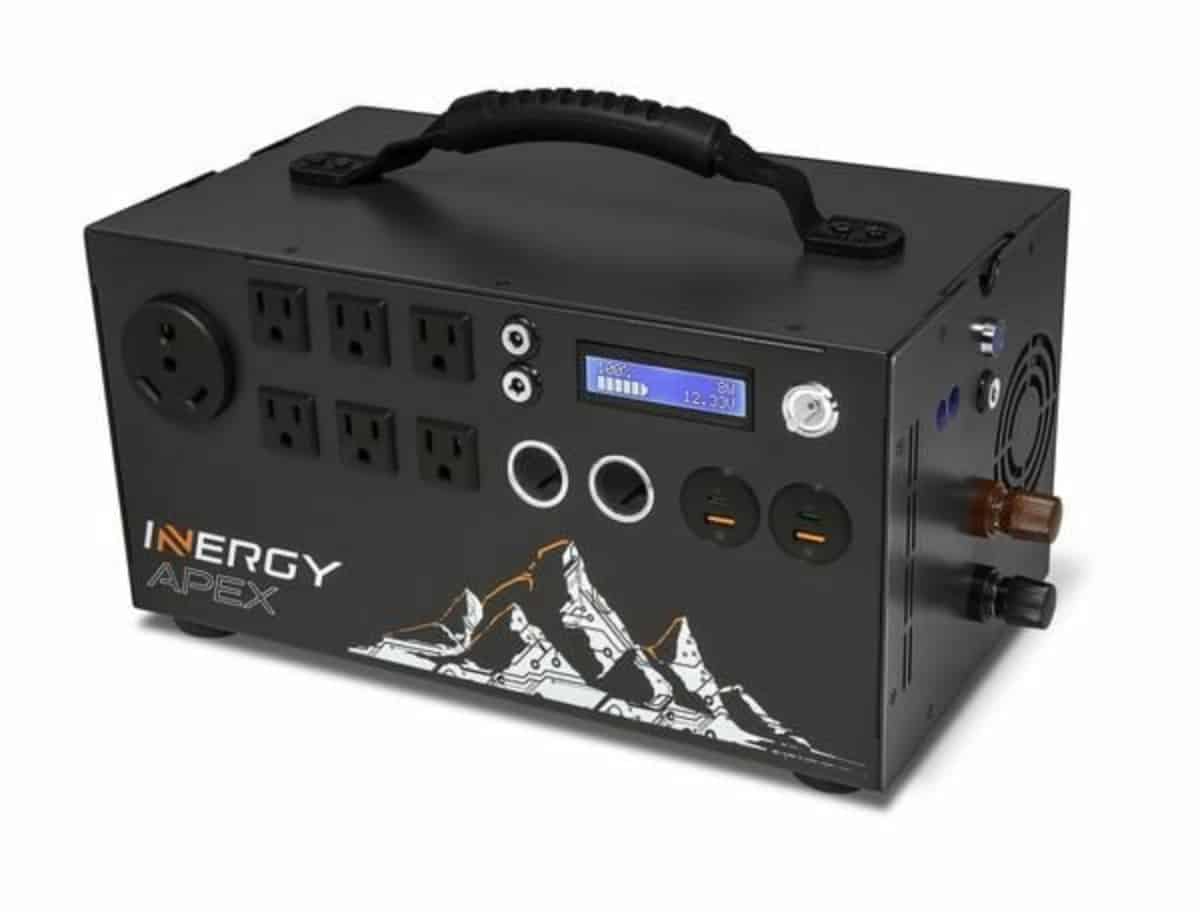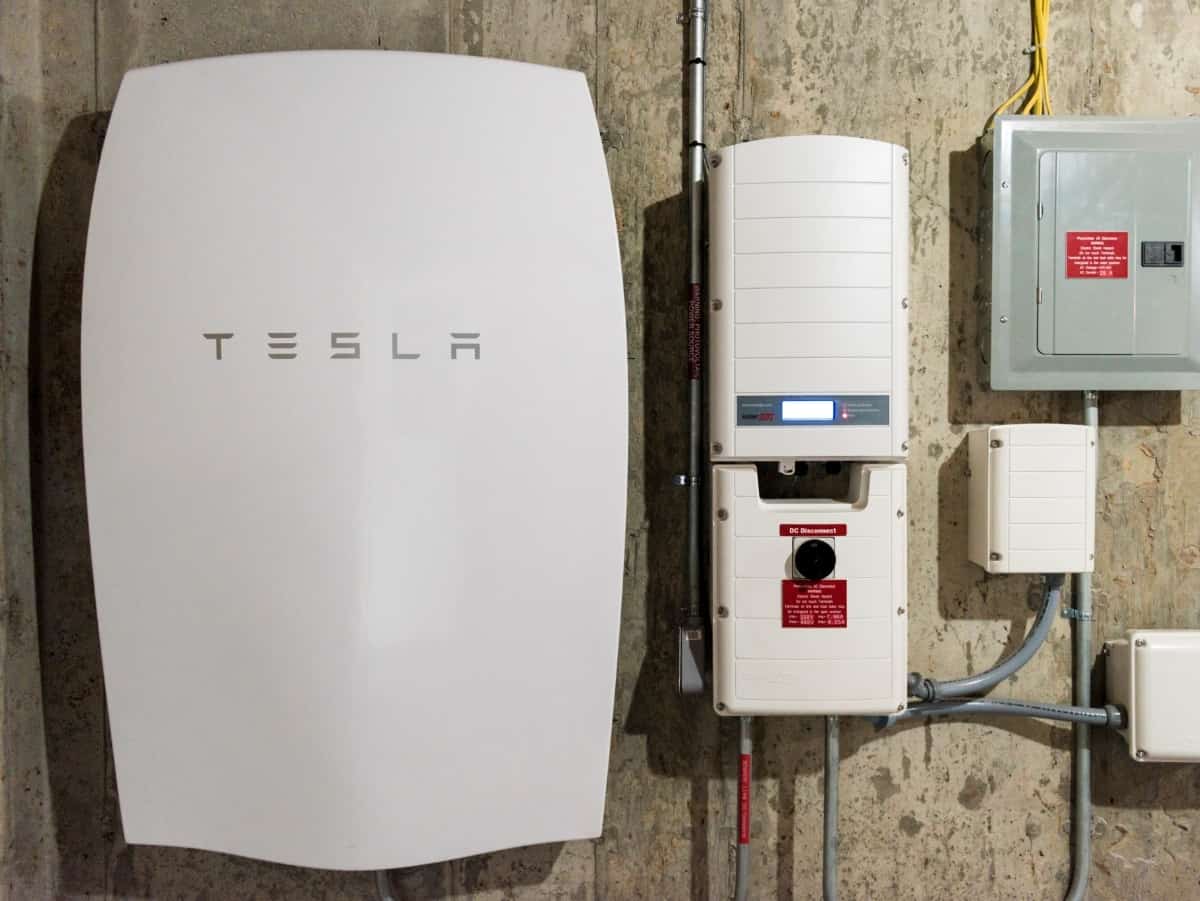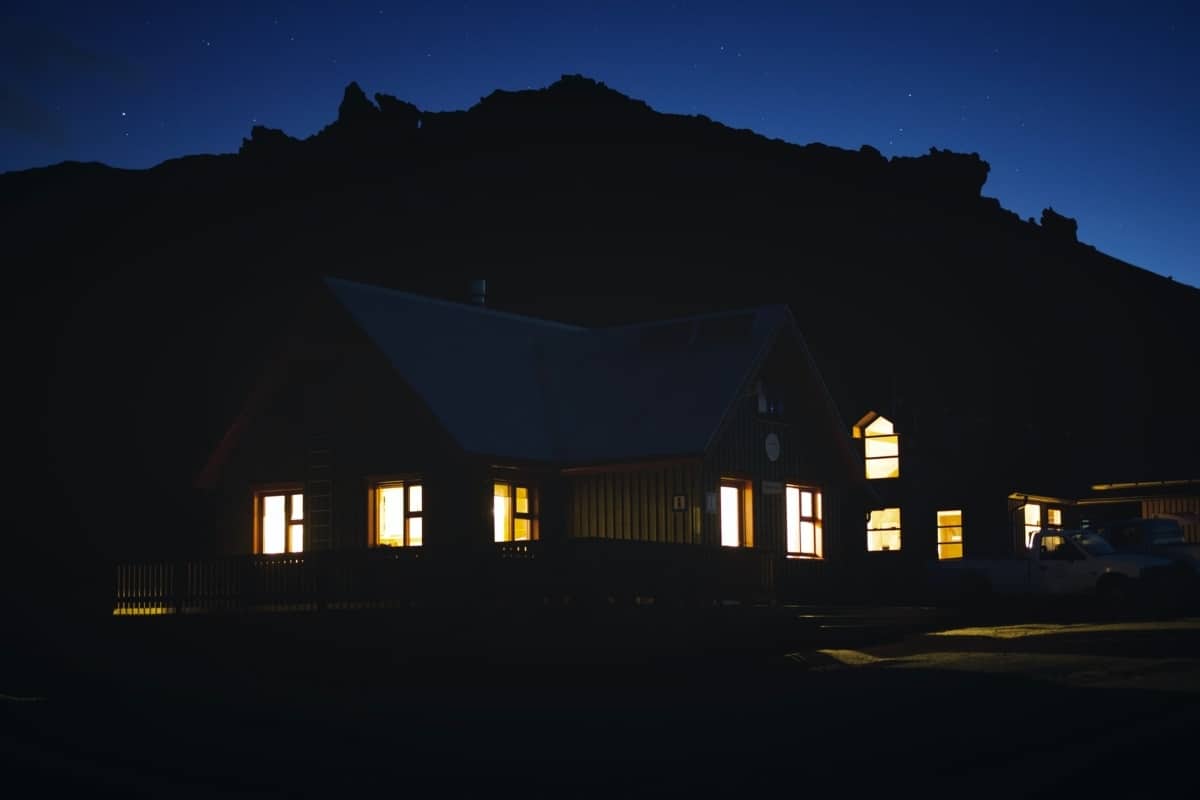When you have a generator or a solar power battery backup on hand, you can rest easy knowing that you’ll likely have power even if the utilities go out. In some instances this is a nice convenience. In others, it is critically important.
Hospitals, for instance, need a backup power source in order to ensure the lights don’t suddenly go out in the middle of an operation. At other facilities, the need for a backup power source may be a little less dramatic, but still quite important.
Whatever your reasons for investing in a backup power source, you will eventually come to the point where you have to decide what type of backup power source you’re going to invest in. To be a little more specific: you’re probably going to be deciding between a generator or a solar-based backup solution. So let’s weigh the pros and cons of each.
Discover Energy Audits with Solar Energy and ONIT Home
Try our Free Energy Audit to make sure your home is performing at optimum energy efficiency. We’ll inspect every nook and cranny of your home to make sure it’s best serving your needs. We’ll also give you tips on lowering your energy bills, conserving energy, and creating a more efficient space. To learn more about how we can help you maintain a top performing home, visit us online to get started!

Generators: Pros and Cons
To begin, let’s give the generator its day in court and consider the…
Generator Pros
- Lower Start-Up Costs. Let’s say you need a backup power source right away, but don’t have the biggest budget in the world to get started. The good news is, you can find a standby generator for a few thousand dollars. Additionally, installation shouldn’t be too expensive.
- The Weather Won’t Affect a Generator. Solar systems don’t need constant sunlight, and they don’t need weeks on end of clear blue skies in order to charge. But they do need some sunlight. If you live way up North where sunlight isn’t always easy to come by, then conventional generators do offer an advantage here.
- Space Requirements. If you have the space for solar panels on your roof, this isn’t a concern. But you’re going to need a spot that has plenty of room and plenty of sunlight. For some of us, that might not be an option.
These are the key advantages that generators have over solar power battery backup systems. Now let’s look at the biggest disadvantages.
Generator Cons
- Fuel Costs. While the initial start-up costs may be relatively low, the long-term fuel costs are absolutely not. With gasoline prices being unpredictable, it can be difficult to even budget for a gas-powered generator.
- Constant Refueling. It’s not just expensive to keep refueling your standby generator. It’s also inconvenient. You will have to go out and refill your generator every time it runs low. Gasoline also has a tendency to oxidize over time and cannot be stored for extended periods, so your fuel may even wind up expiring before you can use it.
- Noise. If you’re planning to operate your generator in a residential area, you might as well forget about it. In any area where noise is going to be a concern, a gas powered generator is basically not an option.
- Maintenance Costs. A standby generator is basically a giant car engine parked outside your home or business. You see how much maintenance your car needs just from regular driving. These are big blocks of steel, iron and aluminum with heavy, complex engine parts pounding and spinning and clicking into place. Wear and tear comes with the territory.
- Pollution. It hardly needs to be said that a gas powered standby generator isn’t the most environmentally friendly solution. But beyond the damage it can do to the environment, you’re also going to be spewing carbon monoxide into your own atmosphere. At the very least, you’re going to have to smell the fumes every time you go near it. If the generator is situated right by your home, this can be a big problem.

Solar Batteries: Pros and Cons
Now we’ll move on to solar batteries. There are plenty of good reasons to consider solar power battery backup, but you’ll want to know exactly what you’re getting into before you jump in with both feet. So let’s start with the cons this time.
Solar Battery Cons
- Higher start-up costs. For many users, the high start-up costs of a solar backup power system make it a no-go from the start. You can get a generator up and running for under 5k. With a solar energy system, the prices could be considerably more than that. And if you’re using multiple batteries, you could be doubling or tripling that cost.
- Where Are You Gonna Put It? For example, what if your homeowner’s association doesn’t like the idea of you putting solar panels on your roof? Or what if you don’t have a yard to place your panels? This will make it difficult to get any sunlight to your backup system.
These are the biggest disadvantages to solar. Now let’s look at the pros.
Solar Battery Pros
- Long-Term Cost-Saving. Solar systems require little maintenance and no fuel source besides sunlight. This means that once you’ve gotten over the initial hurdle of the start-up costs, you’re basically done spending money on the system until you need to replace a part. An instance like that might not happen for a very long time, depending on how you use your battery. Solar power can also pay off in terms of your home’s value. If you ever plan to resell, it may surprise you just how big a difference solar can make in the appraisal.
- Eco-Friendly. For many users, this is the whole purpose of solar. We’re all trying to do our part to take care of the environment, and switching to solar wherever we can is a great way to help. It also keeps you from having to smell any fumes around your home or business.
- Noiseless. A solar backup system is mostly just panels and a battery. No noisy moving parts, no chugga-chugga pistons and gears to listen to. It makes about as much noise as the batteries in your TV remote.
- Cost-Efficiency. A standby generator is almost always going to cost more than your utilities for the same amount of use. Burning gasoline right outside your house just isn’t an efficient way to power your fridge and stove. But perhaps your utility provider bills you on Time Of Use. This means they charge you more during certain hours than others. With this type of system, you can actually save money by switching over to your battery during the hours when the bills go up.
Solar Power Battery Backup vs Generator: Storage Options
Finally, you will need to consider storage, and how much power you need from your backup energy source. The average home will demand around five to seven thousand watts to keep the basics running. That means refrigerators, lights, air conditioners, and some basic electronics. And you will want a couple thousand extra watts to be on the safe side, so the average home will demand around 10,000 watts.
- Generator Storage. An example of a standby generator that can handle this would be the 10kw Generac Guardian. This unit stands at 48 by 25 by 29 inches and weighs 338 pounds. It will need to be mounted somewhere outside of your home. You also won’t be able to move it around without uninstalling it.
- Solar Battery Backup Storage. Solar batteries take up very little space and can be moved around as you please. The panels need plenty of space in the sunlight, but the batteries are surprisingly small. A pair of 4480W solar batteries could do the same job, but they would weigh less than 200 pounds combined. They would also stand at around 10 by 7 by 20 inches each. That’s small enough to fit in some shoe boxes.
The Bottom Line
In terms of long-term advantages, solar is the clear winner. Yes, solar can cost more up front, but after that, it’s better for your pocketbook. It’s also better for you, better for the environment, and better for your neighbors. It simply wins hands down in every single category.
But, those start-up costs can be a serious hurdle. However, there are a lot of options available for financing a solar power system. There are grants to encourage people to go green. Or you can take out a loan with monthly payments lower than you’d think. You can also look into tax incentives that will allow you to claim some hefty deductions next April. In some cities, homeowners who convert entirely to solar power may even receive a check from the city each month based on how much energy they’re feeding back into the grid.
So, the bottom line: whenever solar is an option, it’s almost always going to be the best option. A small gas generator is handy for short-term emergencies. But for long-term solutions, gas simply can’t compete with solar energy.
If you’re curious about solar energy and looking to convert your home or business or equip it with a sun-powered backup system, get in touch with ONIT Home. We’ll provide you with a free quote and will review the number of ways we can make your space more energy-efficient. Our solar power systems use state-of-the-art technology to power your home efficiently. We also provide flexible financing options that will equip you with a predictable monthly rate.
ONIT’s expert team can help make your green energy goals a reality. And when you install a solar power system with ONIT Home, you can install a whole home water filtration system and smart security system for FREE with installation in two weeks. Additionally, we’re offering $1,500 in vouchers to be used with solar, water filtration, and home security. Contact us today at 1-833-433-0331 to learn how you can enjoy this special offer.



